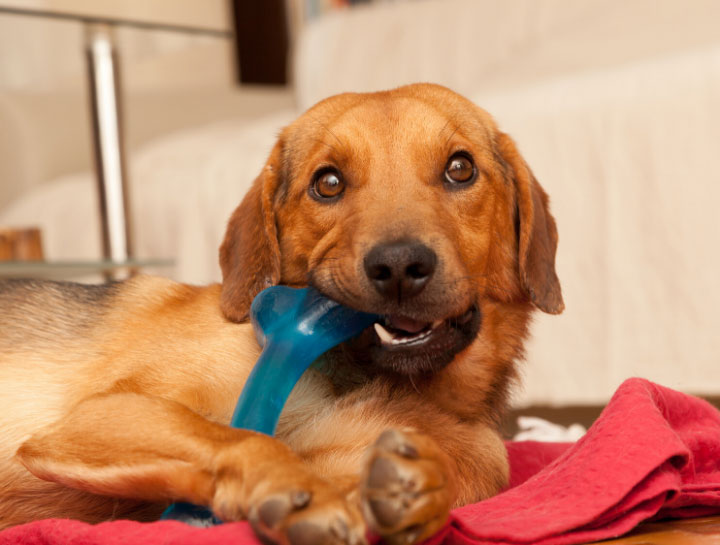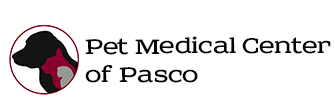Preventive Dental Care
Routine dental care matters.
A pet's dental health is just as important as their physical health, however, it often goes overlooked. The reality is that oral hygiene plays a huge part in ensuring your pet lives a long, healthy life.
Dental disease is a common but serious problem. Approximately 80% of pets will develop it by the time they’re three and, if left untreated, it will spread to the tooth socket and destroy bone. It also allows bacteria to travel from the mouth and through the body which can affect the heart, lungs, kidneys, and liver and cause chronic health issues.
The good news is that dental disease is entirely preventable and with regular preventive care, you can help your pet avoid the pitfalls associated with poor oral hygiene.
How can I help my pet maintain good oral hygiene?
The best way to make sure your pet’s teeth remain healthy is by having routine annual exams. Whether you have a puppy or kitten with a mouth full of baby teeth or an adult pet whose teeth need to be checked for plaque, tartar, or dental disease, having a veterinarian examine them is the first step to making sure they’re in good health.
During your pet’s comprehensive physical, your veterinarian will perform a dental health assessment and make recommendations for preventive care. Sometimes this will mean performing good home preventative care, other times, it will mean scheduling an appointment for a dental cleaning or extraction.
Although we recommend brushing your pet’s teeth daily as part of a good preventive care routine, we understand that it’s not always possible. Luckily, there are other ways to maintain your pet’s oral health when you can’t brush their teeth.
- Utilize water additives
- Give your pet a dental chew every other day
- Choose food and treats that control plaque and promote dental health
- Schedule dental cleanings as recommended by your veterinarian
Dental FAQs
How Can You Tell If Your Pet Has Oral Disease?
Look at their teeth and gums. Signs of oral disease include yellow or brown buildup along the gum line, bad breath, and inflamed gums.
How Does Oral Disease Happen?
Bacteria and food debris that remain in the mouth can cause plaque formations on the teeth. As bacteria continue to grow, the plaque hardens into calculus and tartar. Bacterial plaque causes gum inflammation, periodontal disease, oral pain, tooth loss, and problems with major organ functions. To treat these problems, a licensed veterinary technician will perform a dental cleaning under anesthesia for your pet.
What Is Involved In A Dental Cleaning?
As pets won’t stay still and “open wide”, they are placed under a general anesthetic to be able to provide a thorough dental cleaning. Once asleep, the teeth are scaled using hand and ultrasonic instruments to remove plaque and calculus buildup.
The gums and teeth are checked for any signs of disease that harm the structure and integrity of the teeth. If the teeth are too damaged to save, an injection is given to numb the area, and then the teeth are extracted.
All teeth are then polished to smooth out the surface of the tooth to decrease further buildup. We then have nice, white teeth again. We also have digital dental radiographs (x-rays) to see how the teeth are doing below the gum line.
What Do I Do After My Pet’s Dental Cleaning? And What Can I Do To Prevent Future Dental Problems?
During all stages of life, pets benefit from regular dental home care. There are several options to choose from. The best dental prevention is brushing your pet’s teeth several times a week with a pet (non-fluoride) toothpaste. Other options include pet oral rinse, gels, and safe chew items like dental rawhides. A combination of dental home care can help maintain your pet’s dental cleaning, increase the time between cleanings, and prevent further dental problems.
Call us at (509) 545-4931 to schedule your pet’s oral health assessment or dental cleaning.

